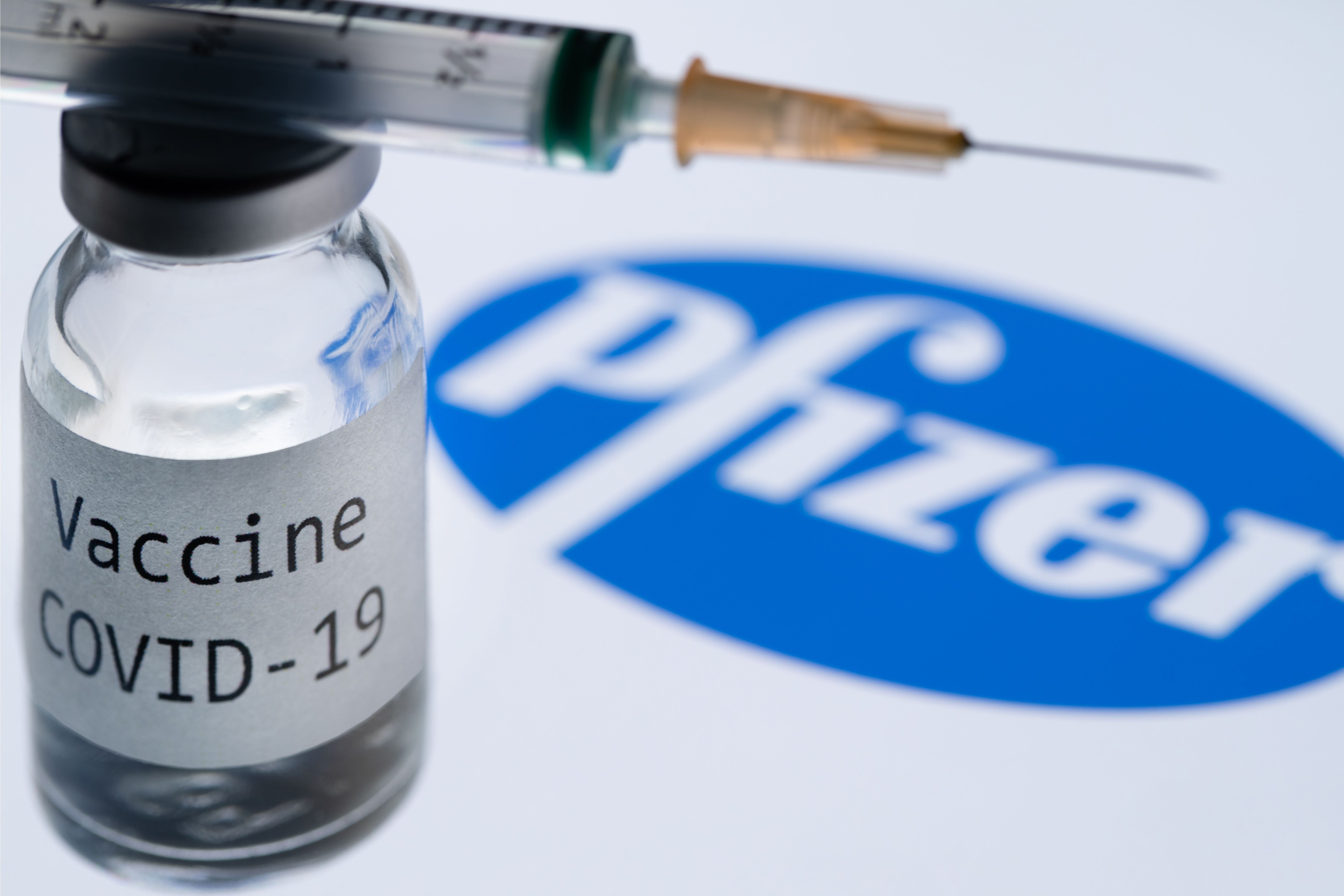Coronavirus: Care homes to receive Pfizer vaccine within two weeks, says regulator
Doses must be used within 12 hours of thawing under approved method

Your support helps us to tell the story
From reproductive rights to climate change to Big Tech, The Independent is on the ground when the story is developing. Whether it's investigating the financials of Elon Musk's pro-Trump PAC or producing our latest documentary, 'The A Word', which shines a light on the American women fighting for reproductive rights, we know how important it is to parse out the facts from the messaging.
At such a critical moment in US history, we need reporters on the ground. Your donation allows us to keep sending journalists to speak to both sides of the story.
The Independent is trusted by Americans across the entire political spectrum. And unlike many other quality news outlets, we choose not to lock Americans out of our reporting and analysis with paywalls. We believe quality journalism should be available to everyone, paid for by those who can afford it.
Your support makes all the difference.Care homes are set to receive deliveries of coronavirus vaccine within the next fortnight, after the UK’s medicines regulator gave approval for packs received by the NHS to be broken down into smaller batches for distribution.
Residents and staff at care homes have been placed top of the priority list for the Pfizer/BioNTech jab, but prime minister Boris Johnson said that logistical difficulties were likely to delay the delivery of the life-saving vaccine.
But now the chief executive of the Medicine and Healthcare products Regulatory Agency (MHRA), June Raine, has said that doses will “definitely” arrive at homes within the next two weeks.
The problem arose because the vaccine shots arrive from manufacturers in Belgium in pizza box-style cases each containing 975 vials, which must be kept below -70 degrees celsius before use.
Care homes generally require no more than a few dozen doses to treat residents and staff, making delivery of an entire case wasteful.
But before the cases could be divided up, authorisation was needed from the MHRA for a method which will ensure that the vaccine remains safe and effective.
The regulator today announced that approval had been granted, saying in statement: “Regulatory approvals required to proceed with the splitting up of packs have been put in place.
“We are working with NHS and their assemblers to help support them to implement the processes and training they need to have in place to meet our conditions.”
Asked when the vaccine would get to care homes, Dr Raine told BBC Radio Cumbria that it might be "variable" but added: "I would say definitely within the next two weeks."
The first vaccinations for coronavirus are due to be administered on Tuesday at some of the 53 hospitals designated as hubs for the programme, with over-80s and care home residents and staff first in line to receive a jab.
The initial shot must be followed by a booster three weeks later, and full protection should follow around seven to 10 days later. Vaccinations will later be offered at a chain of 1,000 GP-operated centres.
Under the MHRA guidance, NHS staff or private companies preparing packs of vaccines for care homes have 12 hours from the moment that vials are thawed to complete the job.
Division of the cases must take place in cold rooms kept between 2 and 8 degrees celsius, and the batches destined for care homes are then repacked in refrigerated boxes for transport to the home, where they must be administered within the 12-hour deadline.
The operation has never previously been done at scale and the manufacturers were not able to test and validate the process until the MHRA authorised the vaccine for use.




Join our commenting forum
Join thought-provoking conversations, follow other Independent readers and see their replies
Comments